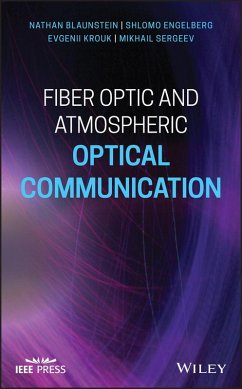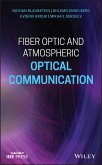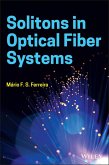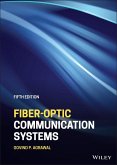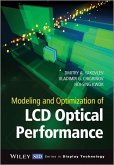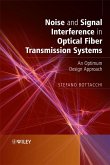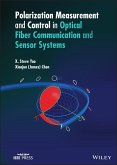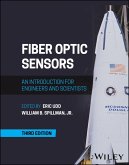A GUIDE TO THE FUNDAMENTAL THEORY AND PRACTICE OF OPTICAL COMMUNICATION Fiber Optic and Atmospheric Optical Communication offers a much needed guide to characterizing and overcoming the drawbacks associated with optical communication links that suffer from various types of fading when optical signals with information traverse these wireless (atmospheric) or wired (fiber optic) channels. The authors--noted experts on the topic--present material that aids in predicting the capacity, data rate, spectral efficiency, and bit-error-rate associated with a channel that experiences fading. They review modulation techniques and methods of coding and decoding that are useful when implementing communications systems. The book also discusses how to model the channels, including treating distortion due to the various fading phenomena. Light waves and their similarity to radio waves are explored, and the way light propagates through the atmosphere, through materials, and through the boundary between two materials is explained. This important book: * Characterizes principal optical sources and detectors, including descriptions of their advantages and disadvantages, to show how to design systems from start to finish * Provides a new method of predicting and dealing with the dispersive properties of fiber optic cables and other optical guiding structures in order to increase data stream capacity * Highlights effects of material and multimode (multi-ray) dispersion during propagation of optical signals with data through fiber optic channels * Presents modulation techniques and methods of coding and decoding that are useful when implementing communications systems Written for professionals dealing with optical and electro-optical communications, Fiber Optic and Atmospheric Optical Communication explores the theory and practice of optical communication both when the optical signal is propagating through the atmosphere and when it is propagating through an optical fiber.
Dieser Download kann aus rechtlichen Gründen nur mit Rechnungsadresse in A, B, BG, CY, CZ, D, DK, EW, E, FIN, F, GR, HR, H, IRL, I, LT, L, LR, M, NL, PL, P, R, S, SLO, SK ausgeliefert werden.

